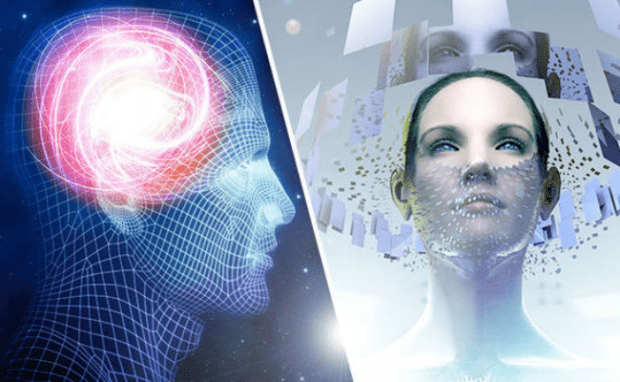Osaka AI Can Read Minds By Turning Your Thoughts Into Images
Researchers from Osaka University created an artificial intelligence that can read minds and turn them into photos using Stable Diffusion and DALL-E 2.
They submitted brain scan images from functional magnetic resonance imaging (fMRI) to the AI. Then, it decoded the brain waves and used text-to-image tools to convert them into pictures.
As a result, the Osaka AI can visualize your thoughts or read your mind. Even better, they were around 80% accurate to what test subjects were thinking about!
How does the Osaka AI mind reader work?

Photo Credit: www.msn.com
Yu Takagi led his Osaka AI team that conducted the study. The University of Minnesota provided brain scans from four subjects who viewed 10,000 photos.
Then, the AI team trained Stable Diffusion and DALL-E to link images with specific brain activity. Other researchers have tried this approach, but the images appeared blurry.
In response, the researchers added captions to the images. For example, they named the image of a clock tower “clock tower.”
The text-to-image apps would associate brain activity with certain pictures. As a result, the Osaka AI program needed less time and data to “learn” how to match pictures and brain waves.
Takagi tested the system on the Minnesota samples and found the AI could recreate the images with 80% accuracy.
Then, he and his team confirmed the results by using brain scans from the same people looking at different images. Remarkably, the second test had similar results.
Note that they tested the AI system with only the same four people. Consequently, Takagi would have to retrain the program to work on other people.
It would likely take several years before this technology becomes widely available. Yet, Iris Groen, a neuroscientist at the University of Amsterdam, remarked:
“The accuracy of this new method is impressive. These diffusion models have [an] unprecedented ability to generate realistic images.”
You might like: Bill Gates Says “The Age of AI Has Begun”
As a result, they might open new opportunities for studying the brain. Meanwhile, systems neuroscientist Shinji Nishimoto saw applications for other industries.
What are the possibilities for Osaka AI?

Photo Credit: www.express.co.uk
Psychologists conduct various tests to understand patients, but they do not fully offer a clear picture of their minds. The Osaka Ai could truly offer a tangible picture!
As a result, mental health experts may become more effective at treating conditions like anxiety and depression.
Healthcare professionals could use AI to see what paralyzed or heavily injured patients are thinking to better meet their needs.
Teachers could use artificial intelligence to know how to motivate students better. For example, the Osaka AI could check what a kid thinks so that educators could create personalized lessons.
Related Articles
However, some folks may use it for more malicious purposes. For example, advertisers may pry into your thoughts to launch ads personalized to each client.
Some folks might read the minds of others without permission. Others might use it to reinforce existing stereotypes and biases.
Conclusion
Osaka AI researchers made an artificial intelligence that can turn brain scans into images to “read minds.” However, it would likely take years before it becomes widely used.
Artificial intelligence opens unimaginable possibilities we must anticipate as it advances further and shifts our daily lives.
Prepare by getting the latest information on AI, gadgets, and other technologies by following Inquirer Tech.